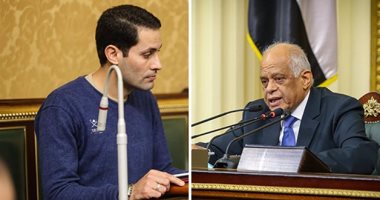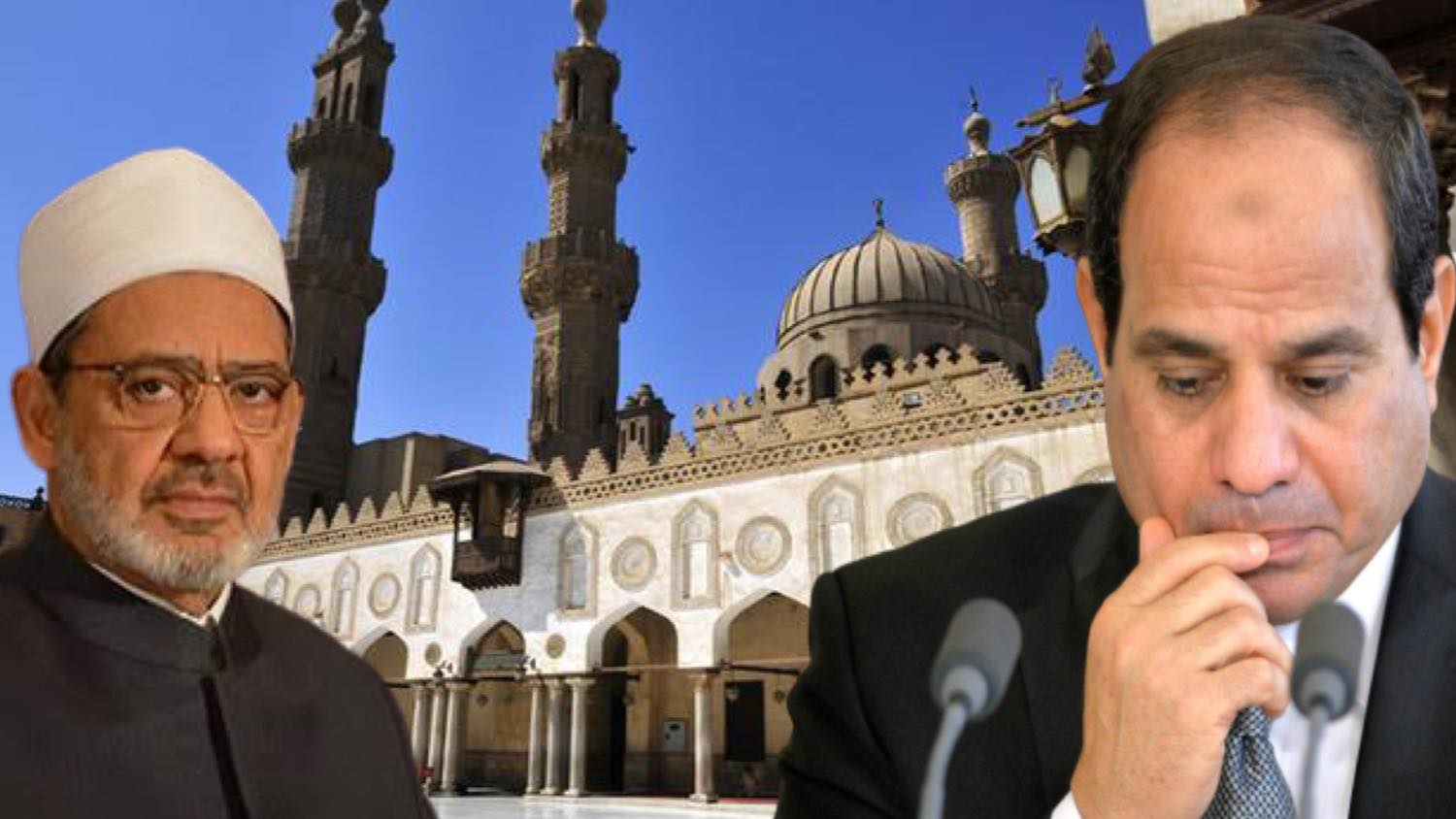The speaker of the Egyptian House of Representatives Ali Abdel Aal said that there is a global dispute over democracy as an electoral and political system, and some see it as the worst system. Abdel Aal’s statements shocked Egyptians ahead of the supposed Egyptian elections this year. Abdel Aal said that “one of the political leaders (whose name has not been mentioned) considered democracy to be one of the worst political systems, and there is disagreement over it.”
The Egyptian Parliament Speaker claimed that “the whole world is looking for new political formulations, and there are research papers that preach new political systems.” Abdel Aal made the remarks during the senate’s discussion of the senate electoral bill. Abdel Aal claimed that there are “more than 12 electoral systems around the world. If we ask a professor of constitutional law about the best, one of them will not determine, but each country adapts the system according to its conditions.”
The president of the Egyptian parliament predicted that “the world will witness in the next ten years new formulations of its political systems, as there are societies that reject the parties in their traditional forms, and others, and there is admiration for the Swiss Federation from the countries of the world, and in the end, every country strives to be the best.”
Abdel Aal’s attack on democracy came during his response to the member of the Egyptian Parliament, Ahmed al-Tantawi, who expressed his rejection of the electoral system proposed by the head of the majority coalition in the house of the representatives Abdel Hadi al-Kasaby. Al-Tantawi said in his speech in the House of Representatives that “the election of one third of the seats in the system by the absolute closed list, and one third over the individual system, while giving the president the power to appoint a third, is a system that establishes a fascist state.”
Al-Tantawi added that “only four countries in the world take this mixed system exclusively, and all of them are undemocratic countries.” He demanded a review of the issue of introducing the proportional list system, as it allows for a broader representation of parties, so that the experience of the previous Shura Council, whose seats were a field of just compliments and agreement, is not repeated. Al-Tantawi criticised the widening geographic scope of the senate departments, saying that it “helps in spreading prohibited political money,” which was answered by Parliament Speaker Ali Abdel Aal, who said, “I do not agree with you.” In his response to Al-Tantawi, Abdel Aal did not defend the new electoral system or claim that it is a democratic system, but he attacked democracy itself.
Abdel Aal claimed that “the whole world is currently looking for new political formulations, and the research heralds new political systems, especially since there are popular movements that are rejecting the parties and demanding the practice of direct democracy,” he claimed. Abdel Aal claimed that the elections of the People’s Assembly that took place in 2011 “brought about disasters that Egypt suffers of to date,” knowing that these elections are the highest participation in the country’s history, as about 27.85 million voters participated in it, out of 50 million, with a participation rate of 54 per cent. Abdel Aal concluded by saying, “Previously candidacy for the parliament required a basic education certificate, and before that, it was enough as a condition to read and write, and now the assembly includes many university professors, doctors, and engineers.” He added, however, that “despite the stature enjoyed by the council, the two-chamber system is better than one room, we need to hear another opinion, and that is why the senate came.”
The speaker of the parliament did not specify which system the Egyptian regime intended to implement, or what the alternative would be to democracy, but he reinforced Egyptians’ fears that the Egyptian regime is becoming more dictatorial.





Recent Comments